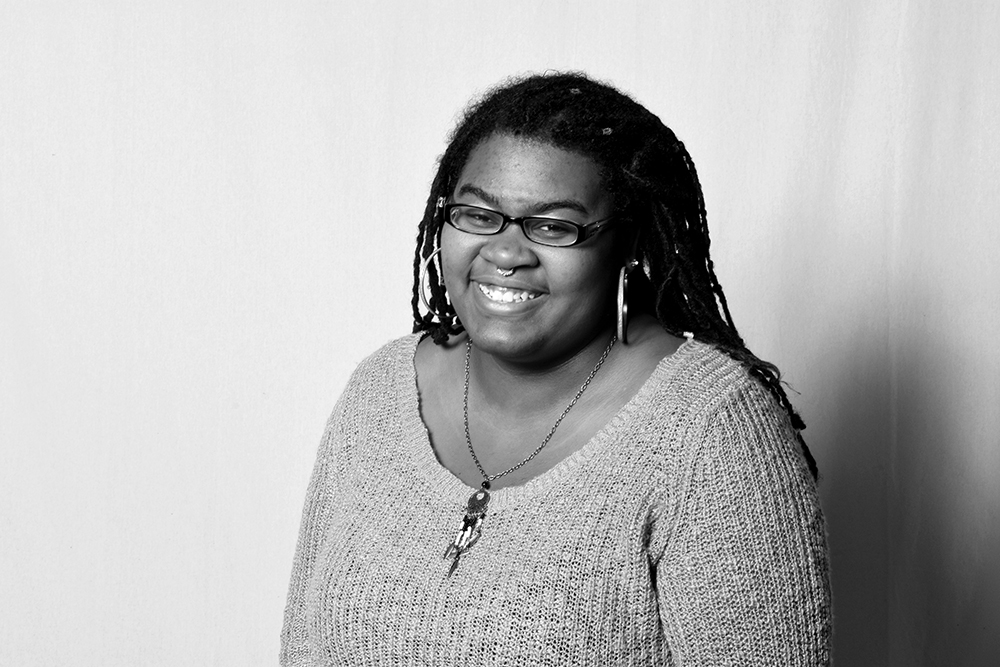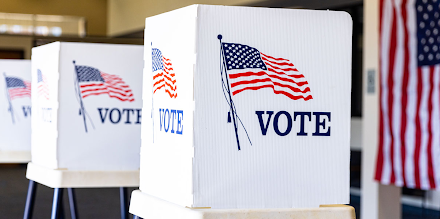Jasmyn Morere | Staff Writer
For most people, the word “police,” evokes concepts like integrity, protection, honesty, and a dedication to the law. This may not fit the bill in the baffling case of Chavis Carter, a 21-year -old man who is said to have committed suicide while handcuffed in the back of a police car.
According to an article by the Associated Press, “Police staged a reenactment of the shooting to prove that Carter could have killed himself, even while handcuffed.” This proves that the suicide was physically possible, but there are still a few holes in this case.
Another issue raised by ruling Carter’s death as a suicide is the reality that the police didn’t find the gun at the time of his arrest, even after patting Carter down. Twice. After further investigation, this loophole in the initial suicide ruling was chalked up as a mistake, meaning the officers must have missed the gun, as detailed in the ABC news coverage from Jonesboro, Ark.
The issue of race has also been taken into consideration with this case. Carter was an African-American man, and the two police officers were Caucasian. This is another angle that was given a bit of consideration, as pointed out by the Huffington Post’s “Power and Politics.”
Despite elements that point to foul play, there is substantial evidence in favor of suicide, or even an accidental self-shooting. Forensic studies turned up some questionable facts during Carter’s autopsy, such as traces of meth, oxycodone, and marijuana in his system at the time of death. Jonesboro’s ABC News considers this a significant piece in the puzzle, since being under the influence of any drug can increase a person’s likelihood to act in ways that are considered harmful to themselves or others.
There is a recorded phone call that Carter made to his girlfriend, telling her that he did have a gun, that he was handcuffed in the back of the police car, and that he was scared. The question on the forefront of everyone’s mind seems to be the same: What was Chavis Carter afraid of?
CNN reporter Paul Callan likes to believe, “There’s another possibility too: that if he had the gun illegally tucked in his waistband, he might have just been struggling to get the gun out of his waistband to throw it on the floor of the of the police cruiser so it wouldn’t be associated with him.”
Autopsies have ruled his death as a suicide, clearing the two officers involved of any accusations. In the end, though, Chavis Carter may be the only one who knows exactly what happened on the night of July 28, 2012.




Very interesting article, really made me think. Hopefully one day, the truth will be revealed and perhaps Chavis Carter’s death will not be in vain.